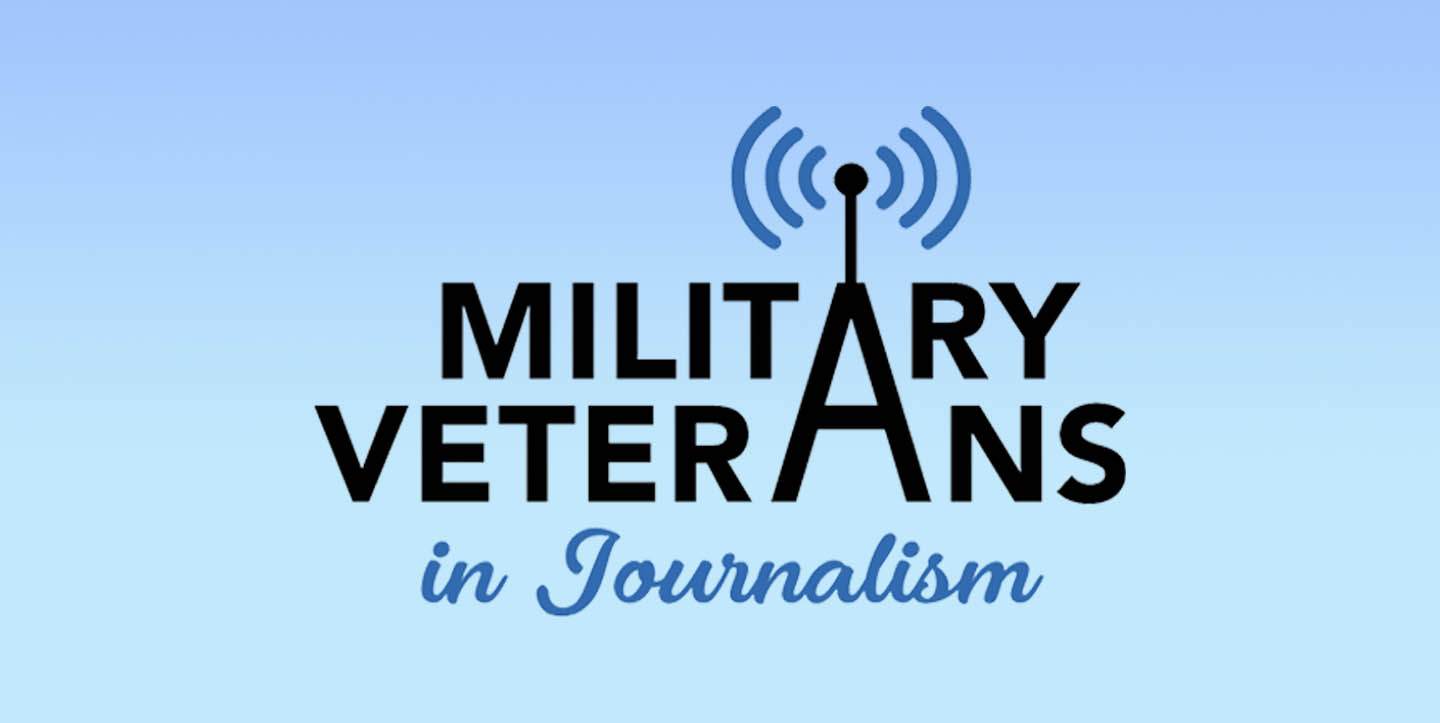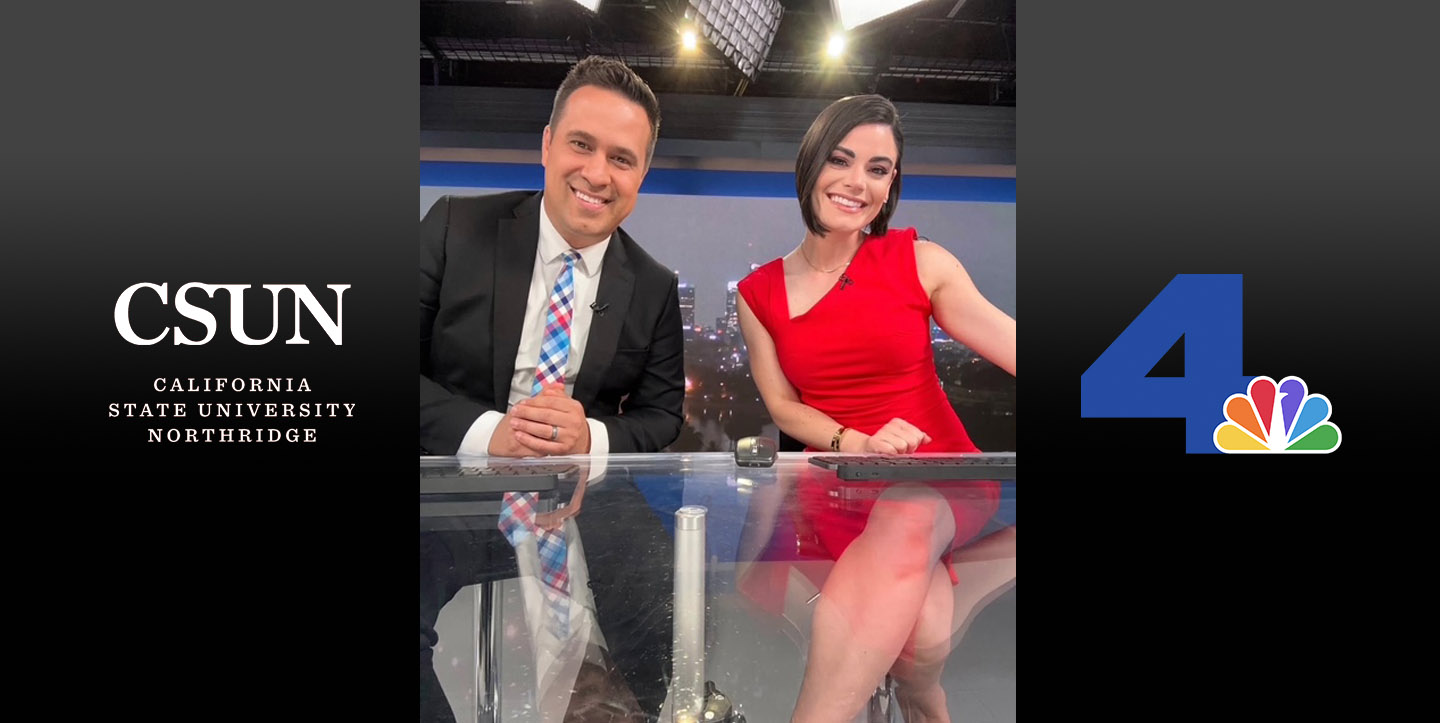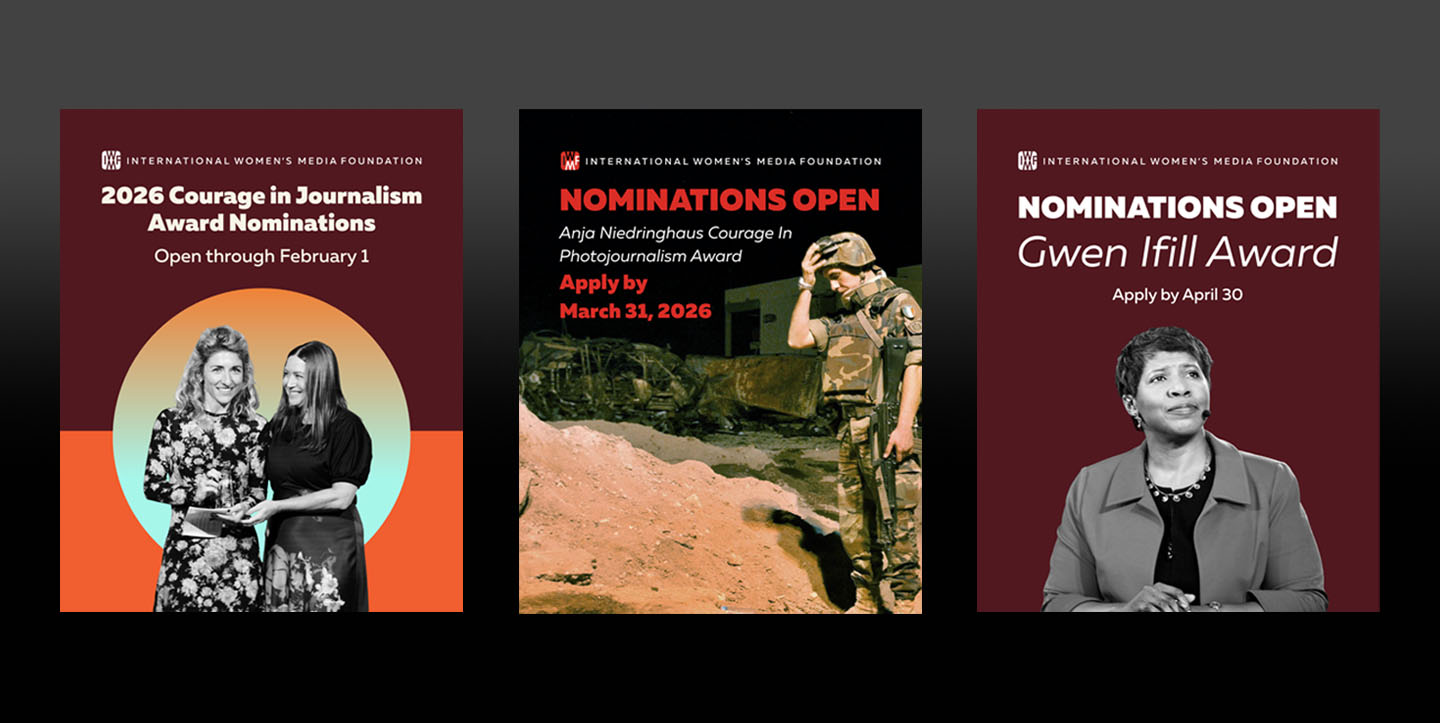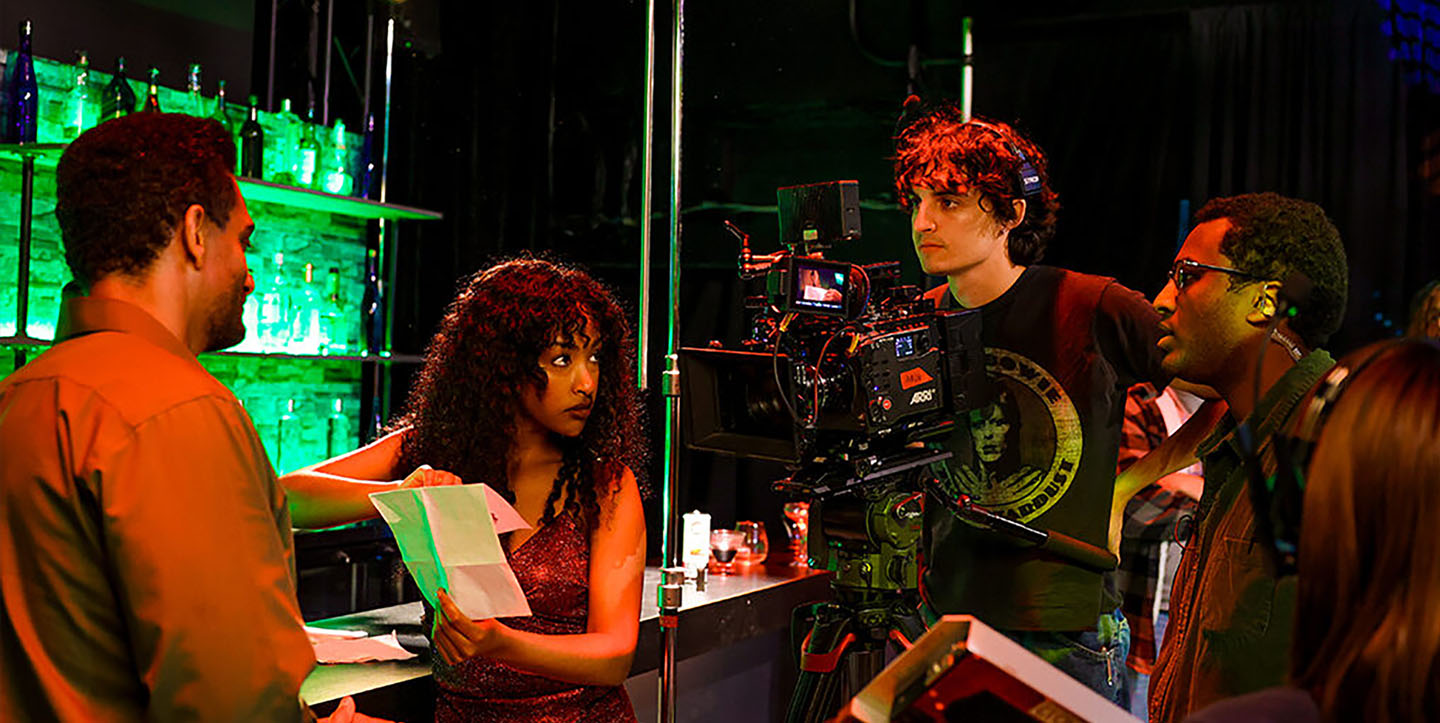Military Veterans in Journalism (MVJ) is helping veterans build meaningful careers in the news industry, thanks in part to the Golden Globe Foundation’s ongoing support. MVJ, a nonprofit professional association dedicated to empowering military veterans in media, connects aspiring journalists with seasoned reporters through its formalized mentorship program. This program pairs each veteran with three handpicked mentors over six months, providing invaluable guidance on everything from pitching stories and landing bylines to navigating newsroom culture and applying to graduate school.
With support from the Golden Globe Foundation, MVJ has been able to expand and professionalize its mentorship program. The results speak for themselves: protégés now achieve more than 70% of their career goals on average, with many going on to earn advanced degrees or secure roles with major news outlets like the Texas Tribune, the Associated Press, and Military Times. These success stories underscore how GGF’s investment is strengthening newsroom diversity and empowering veteran storytellers to cover underrepresented communities with insight and integrity:
Davis Winkie is an Army National Guard officer and a Staff Reporter with Military Times. He covers the Army and, more recently, Operation Lone Star in Texas. Prior to getting his position with Military Times, he participated in Military Veterans Journalism’s mentorship program, where he was paired with Erin Siegal McIntyre. While under Siegal McIntyre’s tutelage, Davis was able to get bylines in The New Republic, Task & Purpose, VICE, and other national news publications to get him off to a strong start in journalism.
“I did everything I could to take advantage of every resource that was available to me through MVJ. I also leaned on the MVJ mentorship program, and was paired with Erin Siegal McIntyre. She was really valuable because she was the first actual journalist I had as a sounding board for stuff that seemed like decent enough ideas in my head. Any time you see an internal MVJ application for the NPR internship, the fellowships, that kind of stuff – if you’re in a position financially and career-wise that you can make that work, jump on it. I ended up being a finalist getting interviewed by organizations that I had no business working for based on my resume, just because of the fact that we have an affinity org like MVJ advocating for us and providing opportunities for us to be in a short stack of applications.”
Genaro Prieto is an Army veteran, journalism student, and board member of Combat Wounded of Texas. He was selected to participate in MVJ’s 2022 Speakers Bureau and has previously participated in MVJ’s mentorship program.
“MVJ has been instrumental in kick-starting my career transition into journalism. They connected me with a mentor and an unbelievable number of resources. The podcasts, webinars, and availability to communicate with professionals are unmatched by any other organization. MVJ has enabled me to establish a solid journalistic foundation rapidly and provided me the opportunity to serve on the Speakers Bureau.”
Chris Janaro is a Zoning, Land Use, and Development Reporter at City Limits via an MVJ fellowship. He said every time he was paired with a new mentor, they weren’t afraid to “open up their rolodexes.” Through the program, he felt he was placed on the right path as opposed to when he was fresh out of the Navy. Janaro knew he loved photography, but he didn’t know how to turn it into a career. Before participating in the MVJ mentorship program, he said he felt like a failure. With the help of the program and guidance from Military Veterans in Journalism, Janaro was accepted into the Craig Newmark Graduate School of Journalism and began an MVJ fellowship with City Limits, a New York City nonprofit newsroom.
Wendy Lu is an editor, reporter and MVJ mentor. In one of her earliest program mentor experiences, Lu connected with a protégé who was fantastic and clearly had experience, but needed some help figuring out how to best showcase her skills on her resume. Lu gave her multiple rounds of feedback for her resume and sent her examples of what a properly formatted and structured one might look like. Lu and her protege tailored that resume to focus on journalism, easing the protege’s mind about employment gaps and making sure it told a story of her journey in the career field. Lu also gave her feedback on her website, encouraged her to advocate for herself and supported her through job interviews. Lu said that being an MVJ mentor was incredibly rewarding and she hopes to continue serving in the program.
David Bruce has participated in both sides of the program, starting as a protege and moving into a mentorship role. As a protégé, Bruce was paired with an excellent mentor from the New York Times whose help reminded him of his time as a military medic – when the work philosophy he lived by was “‘learn one, do one, teach one’ when it came to treatment.” After being a mentee and earning his master’s degree, he became a mentor within the program. Bruce enjoyed his experience and was especially happy that he was able to not only impart career advice, but also help his protégé with his writing. His protégé didn’t have any formal education in journalism, so taking his writing and showing him how it would fit as a more news or magazine type article was very helpful to him. Bruce stated that, “Giving advice is one thing, but teaching veteran journalists format and style was very rewarding for me.” He advised his protégé to seek an educational background in the field, and is currently keeping up with the protégé as he explores programs to enroll in.
Learn more at www.mvj.network




